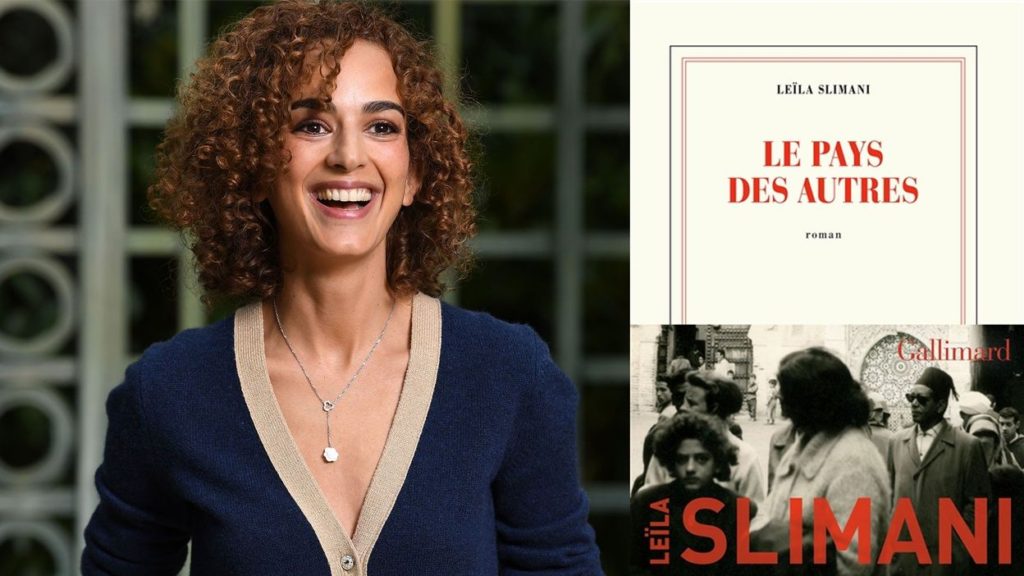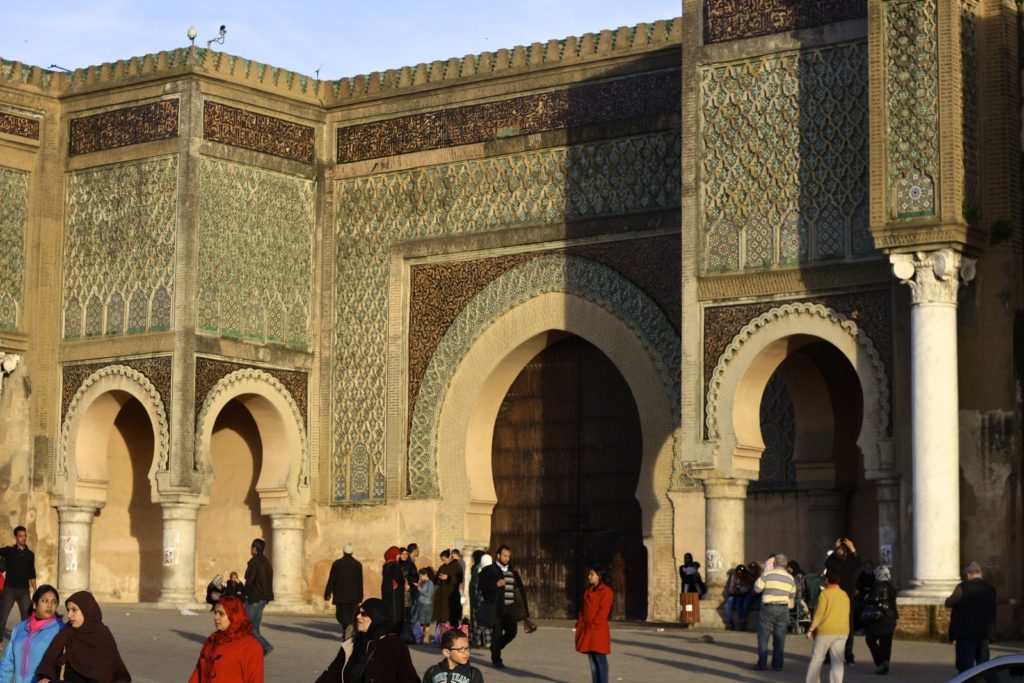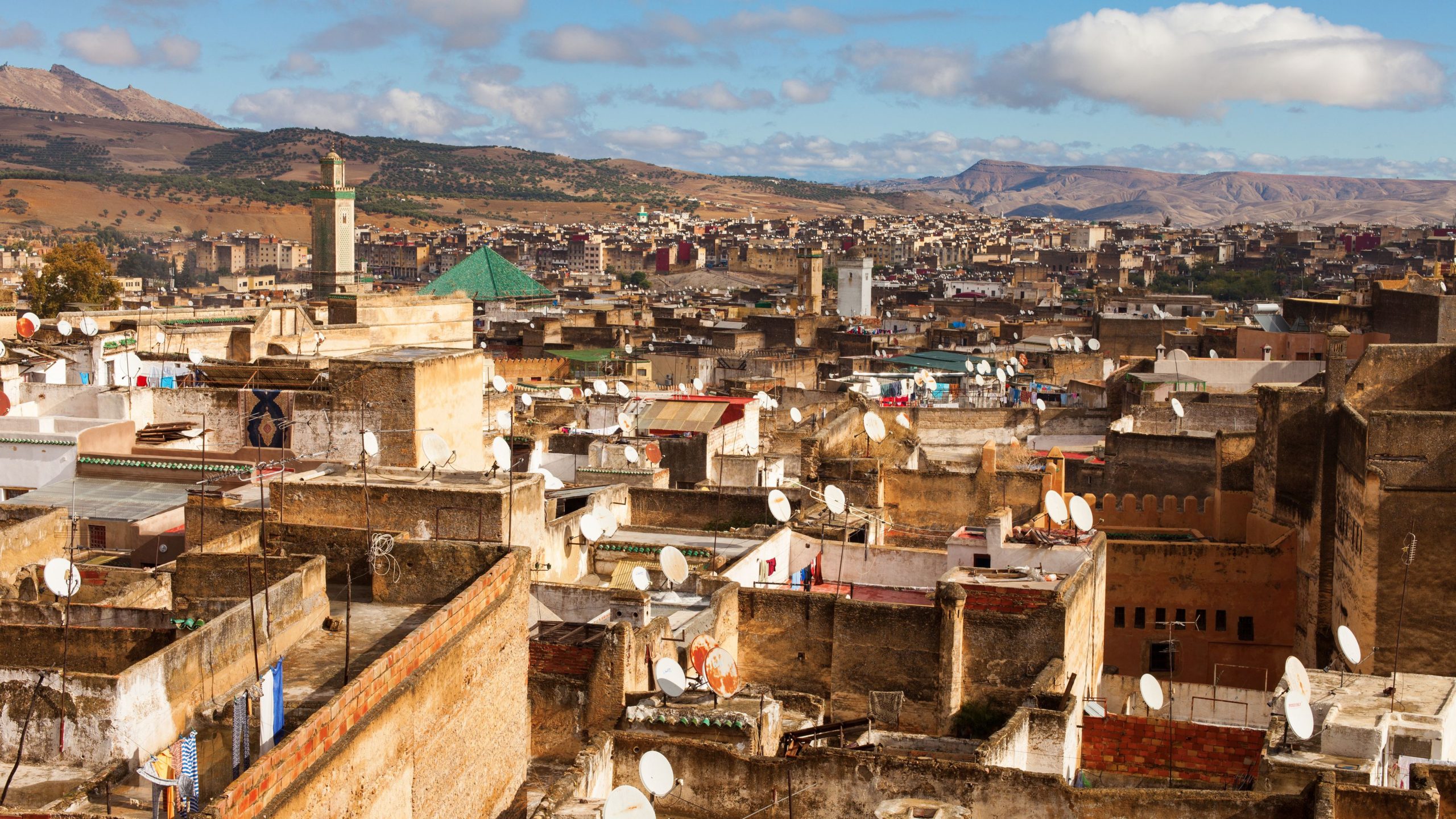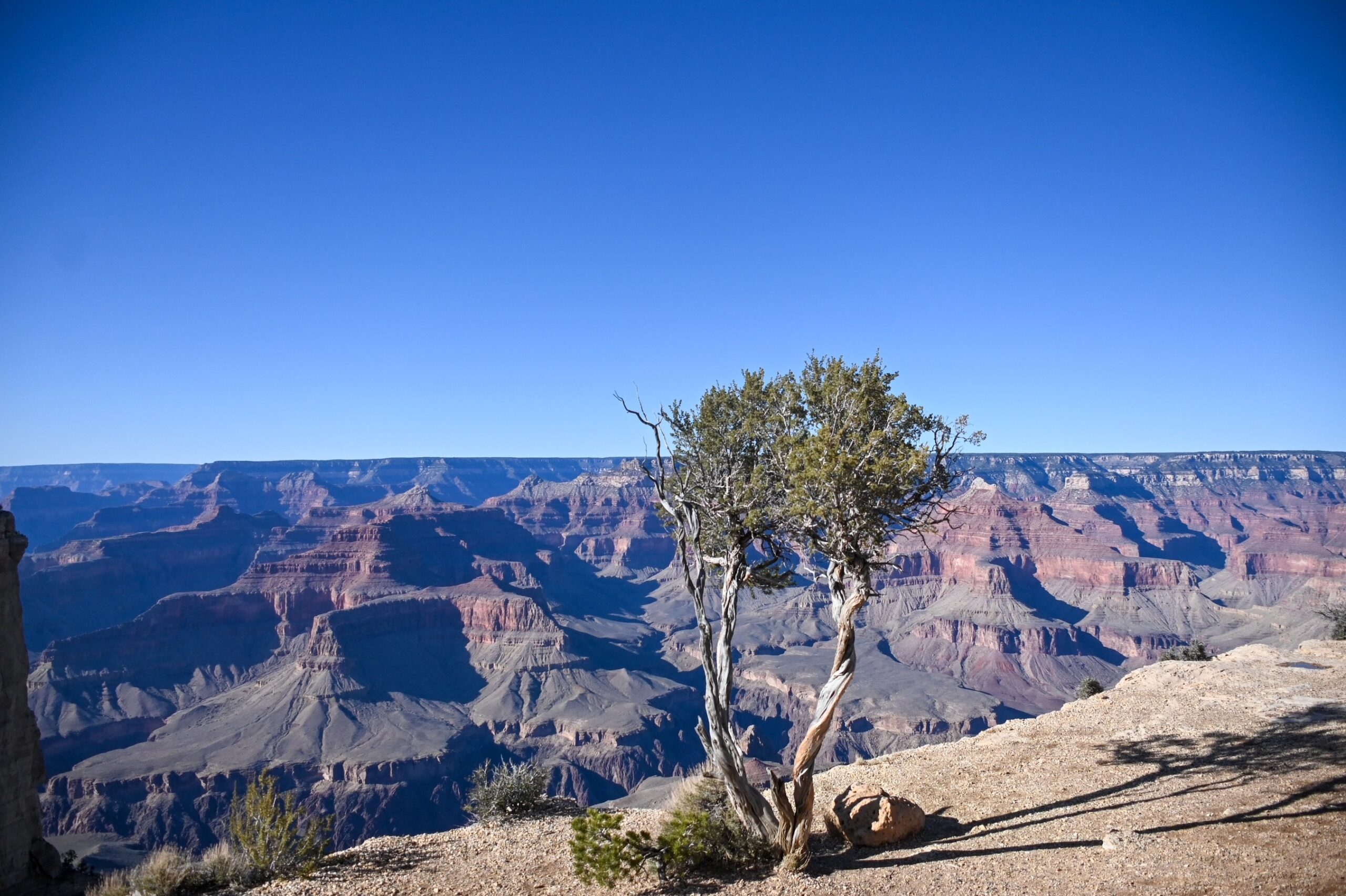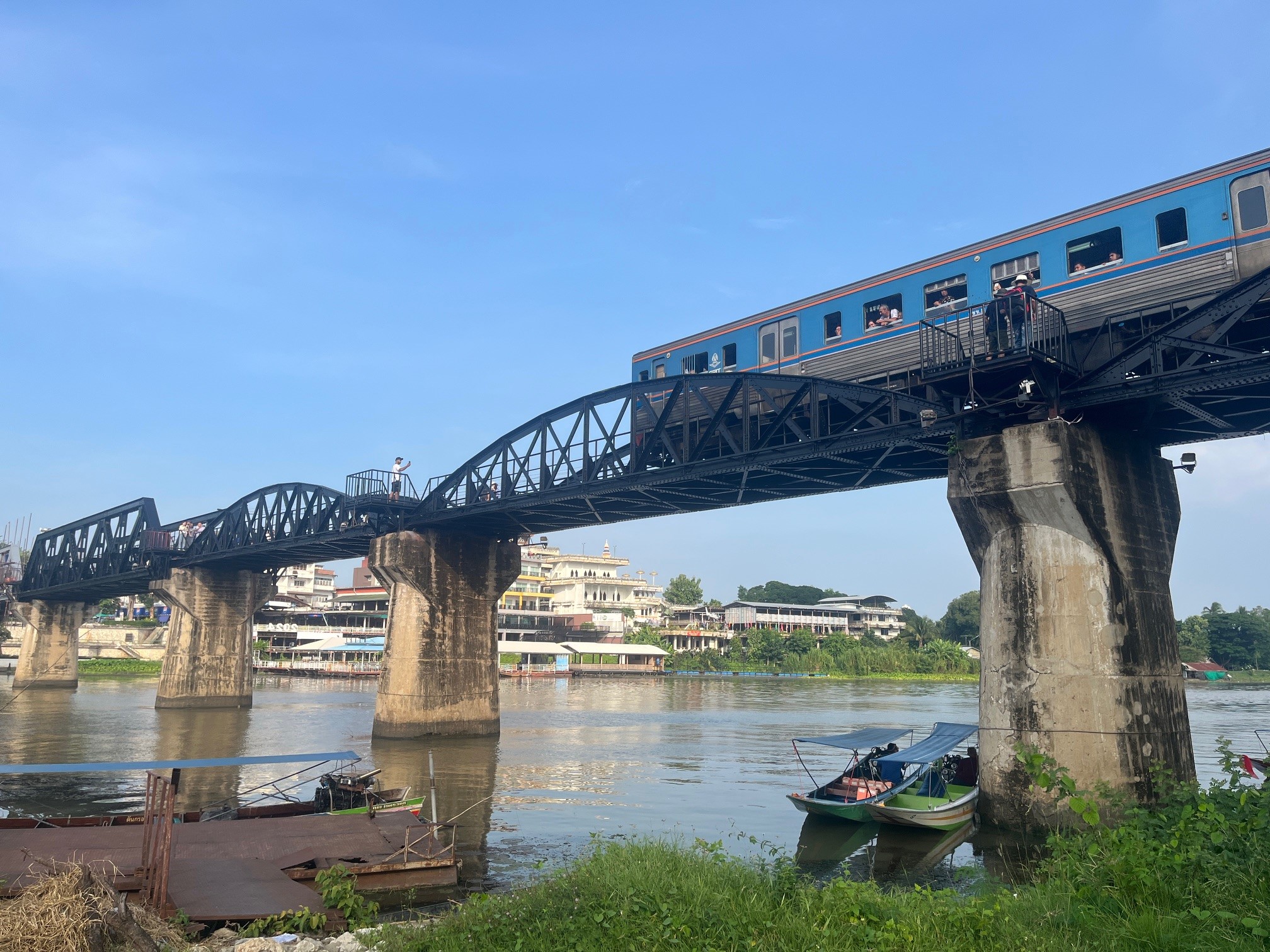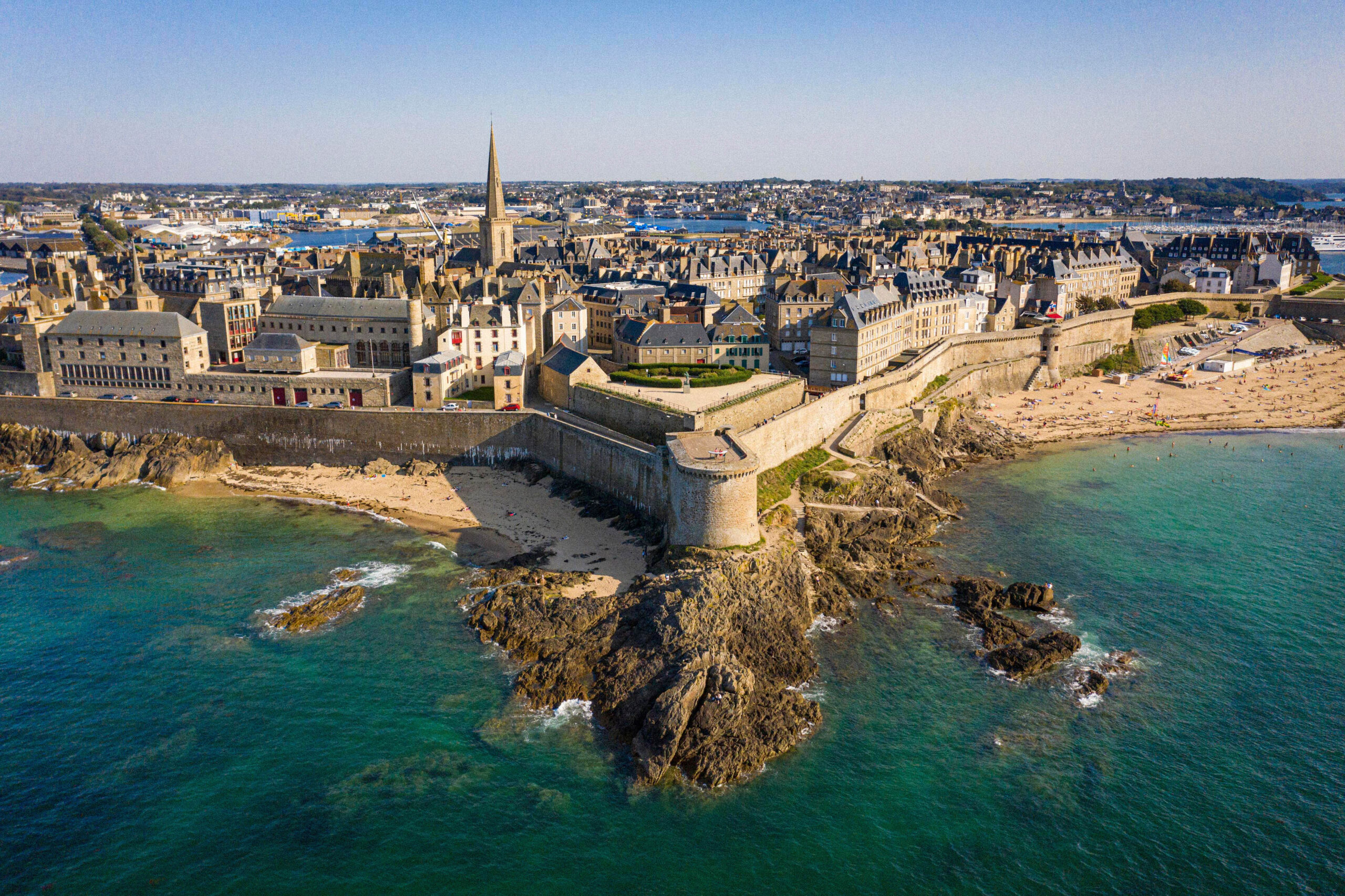There are different ways to combine travelling and reading. One, which I often practice, is to bring on your trip a book about your destination. Another one, less premeditated, is to end up in a place described in a book you have read before, sometimes years ago, and to suddenly find yourself immersed in the novel’s atmosphere. I lived such an experience in Fez in Morocco. I was walking in the medina, finding my way as best as I could, going around porters, carts driven by donkeys, and shopkeepers praising their wares. In an instant, I imagined myself in Amin Maalouf’s « Leo Africanus ». That feeling was even more surprising because the novel takes place in the 16th century.
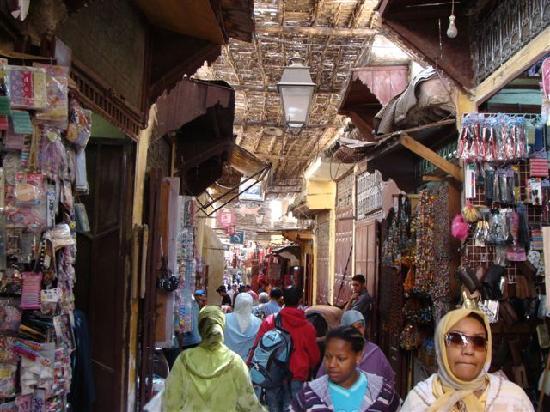
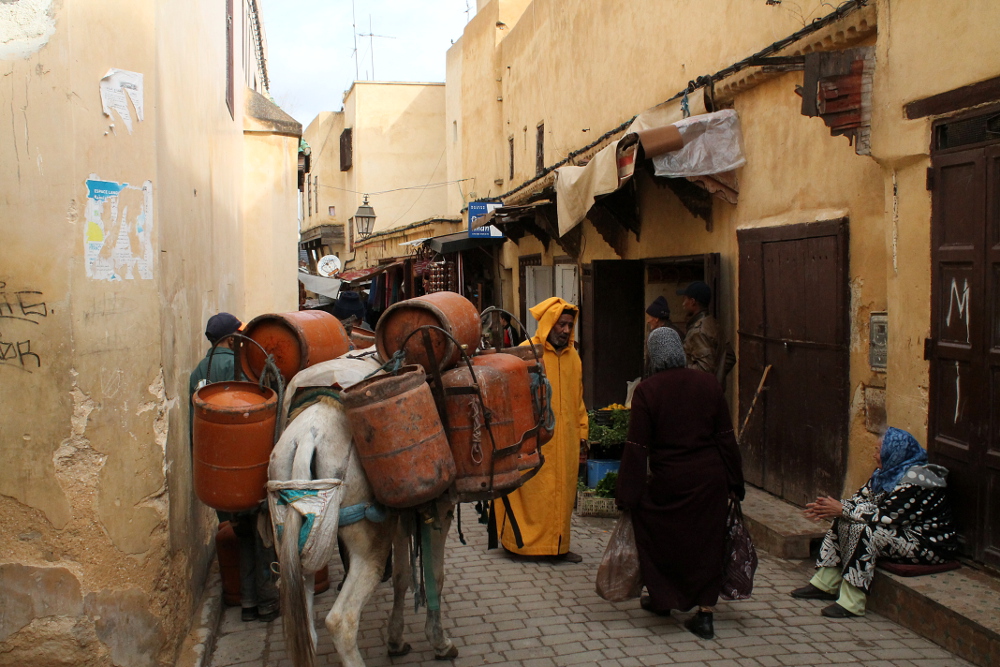
When Aude moved to Casablanca a few years back and asked me for reading suggestions about Morocco, I immediately thought about « Leo Africanus (Léon l’Africain)» even if this wonderful novel depicting the life and travels of this Berber from Andalusia living during the Renaissance was written by a Lebanese writer and covers events not only in Fez, but also in Granada, Cairo and Rome. It is one of the books which pushed me to better understand the relations and confrontations between Islam and the Christian world.
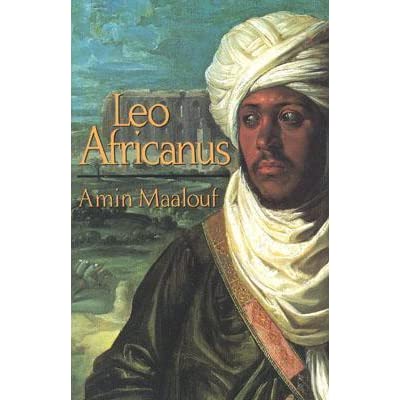
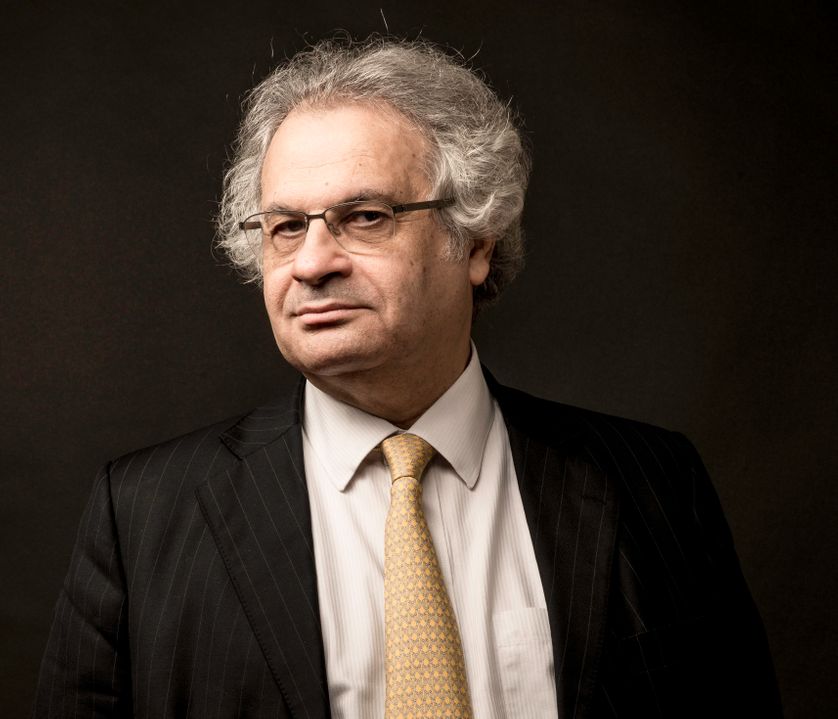
My second suggestion was « Desert » by J.M.G. Le Clézio. The book, cited by the Nobel Committee when attributing the Literature Prize to the French writer, is built around two intertwined stories. The first one is about the nomadic tribes of Northern Africa, pursued and defeated by the French colonial troops in the early 20th century between Western Sahara and Southern Morocco. The second pillar covers Lalla’s itinerary. She is a descendant of the vanquished tribes, growing-up in a slum on Tangiers’s outskirts before migrating to Marseille. This novel is like its title: hard, difficult but splendid for those making the effort to get into it.
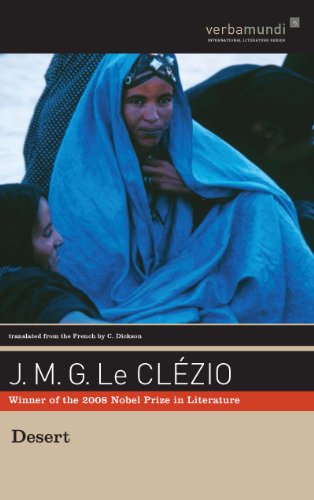

Since then I have read two novels written by Moroccan authors. « The Sand Child (L’enfant de sable) » is one of the first books which contributed to Tahar Ben Jelloun’s reputation. It is the story of the eighth daughter born in a traditional family. Her father decides to raise her as a boy to avoid the shame and keep the inheritance in his lineage. That paternal decision will lead the child from being the chosen one to a fate of deadlocks and disillusions. A critique of the strict gender separation in a Morocco stuck in the conservatism of appearances, this book is also a picture of a country escaping the colonial straitjacket and questioning its entry in the modern world.
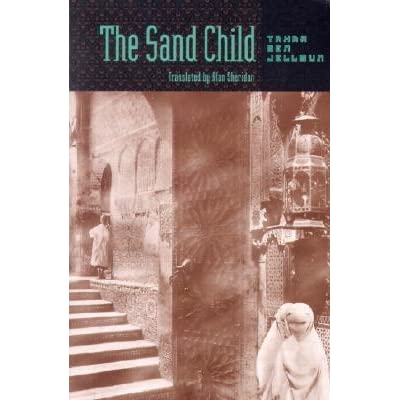
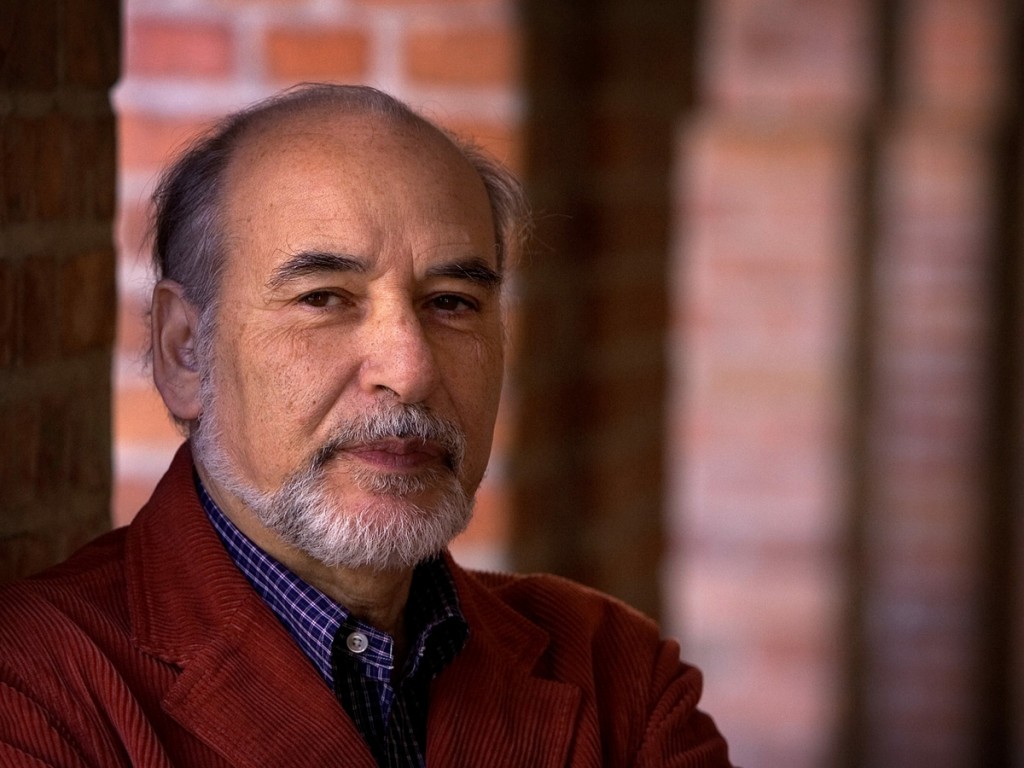
This summer, I read « Le Pays des Autres (The Country of Others) » by Leïla Slimani whose admirable (« Lullaby/The Perfect Nanny (Chanson Douce) » I had very much enjoyed. Her new novel, not yet available in English, tells the story of Mathilde, a young Alsatian, who falls in love with Amine, a Moroccan officer serving in the French troops at the end of World War II. They decide to go live in Morocco and run a farm around Meknes. She had imagined herself at the helm of a colonial style plantation, but they share a harsh life and she needs to offer her services as a nurse to gain the villagers’ confidence. He thought he would be welcomed home as a hero and that his French wife would increase his social standing, but the colons do not appreciate this “local” who stole one of their women. Mathilde and Amine both feel estranged in a Morocco where the fight for independence grows more assertive and where it becomes tricky not to pick a side. This splendid novel is announced as the first part of a trilogy inspired by Leïla Slimani’s family history. I am looking forward to the next volumes.
